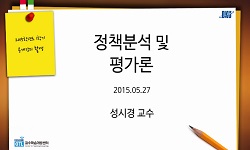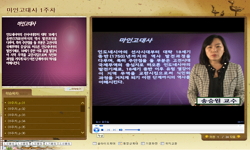According to the Indonesian Child Protection Law, Number 35/2014, the group of children that should receive special protection are minorities and isolated children; this includes Indigenous children who mostly live in remote areas. Under this law, Ind...
http://chineseinput.net/에서 pinyin(병음)방식으로 중국어를 변환할 수 있습니다.
변환된 중국어를 복사하여 사용하시면 됩니다.
- 中文 을 입력하시려면 zhongwen을 입력하시고 space를누르시면됩니다.
- 北京 을 입력하시려면 beijing을 입력하시고 space를 누르시면 됩니다.
https://www.riss.kr/link?id=A109106803
-
저자
Azzasyofia Mira (School of Counselling, Human Services and Social Work, Faculty of Education and Social Work The University of Auckland Auckland New ZealandPoliteknik Kesejahteraan Sosial Bandung Bandung Jawa Barat Indonesia) ; Fouche Christa (School of Counselling, Human Services and Social Work, Faculty of Education and Social Work The University of Auckland Auckland New Zealand) ; Beddoe Liz (School of Counselling, Human Services and Social Work, Faculty of Education and Social Work The University of Auckland Auckland New Zealand)
- 발행기관
- 학술지명
- 권호사항
-
발행연도
2024
-
작성언어
English
- 주제어
-
등재정보
KCI등재,SCOPUS,ESCI
-
자료형태
학술저널
-
수록면
1-10(10쪽)
- DOI식별코드
- 제공처
-
0
상세조회 -
0
다운로드
부가정보
다국어 초록 (Multilingual Abstract)
According to the Indonesian Child Protection Law, Number 35/2014, the group of children that should receive special protection are minorities and isolated children; this includes Indigenous children who mostly live in remote areas. Under this law, Indigenous children gain special protection, including facilities to share their cultural practices, practice their beliefs, and use their language. This article aimed to describe how Indigenous children have been represented in selected policies in Indonesia. The first step of a policy analysis approach known as “What's the problem represented to be” (WPR), introduced by Carol Bacchi in her book “Analysing policy: What's the problem represented to be?” in 2009, was applied to examine how Indigenous children in Indonesia are represented in six significant policies. Findings from the analysis indicate that the government of Indonesia acknowledges Indigenous rights. However, the policies describe Indigenous children as vulnerable and linked to social welfare problems. Social work core values state that respect for the dignity and worth of all human beings, promotion of welfare or well-being, and social justice should be extended to Indigenous children. To promote well-being, it is argued that social workers must be given more opportunities to be involved in policymaking and advocacy for implementing Indigenous children's policies in Indonesia.
동일학술지(권/호) 다른 논문
-
- 한국사회복지학회
- Shim Woochan S.
- 2024
- KCI등재,SCOPUS,ESCI
-
- 한국사회복지학회
- Park Jihyun
- 2024
- KCI등재,SCOPUS,ESCI
-
Impacts of COVID-19 on social work teaching and learning in Bangladesh
- 한국사회복지학회
- Hossain Md. Ismail
- 2024
- KCI등재,SCOPUS,ESCI
-
- 한국사회복지학회
- Hong Seunghye
- 2024
- KCI등재,SCOPUS,ESCI






 KCI
KCI






